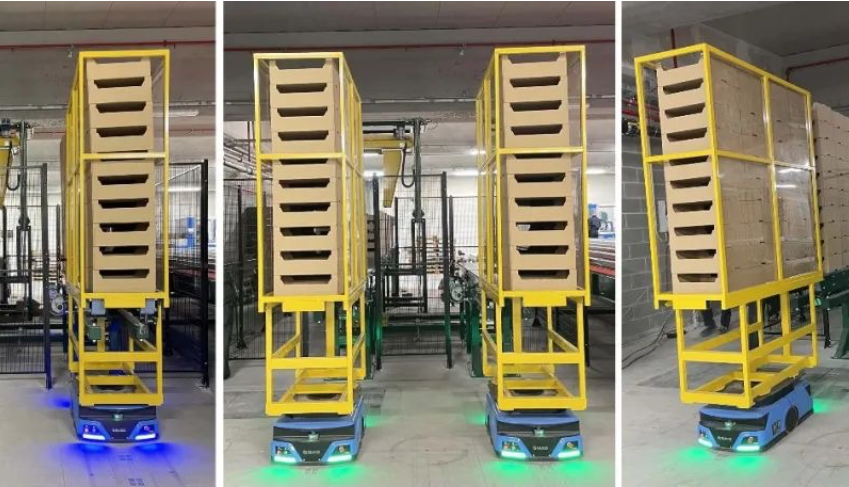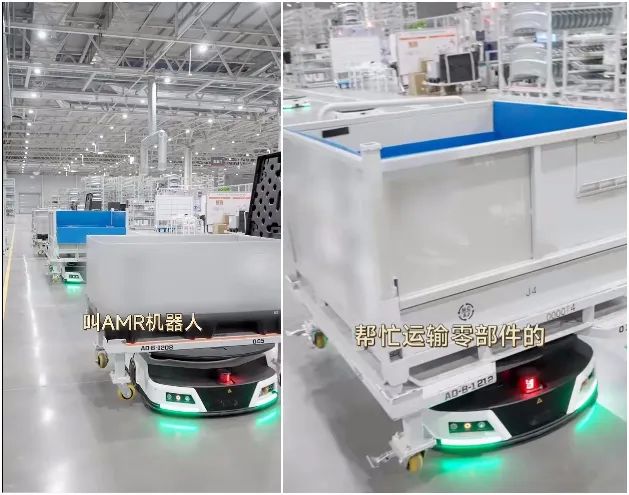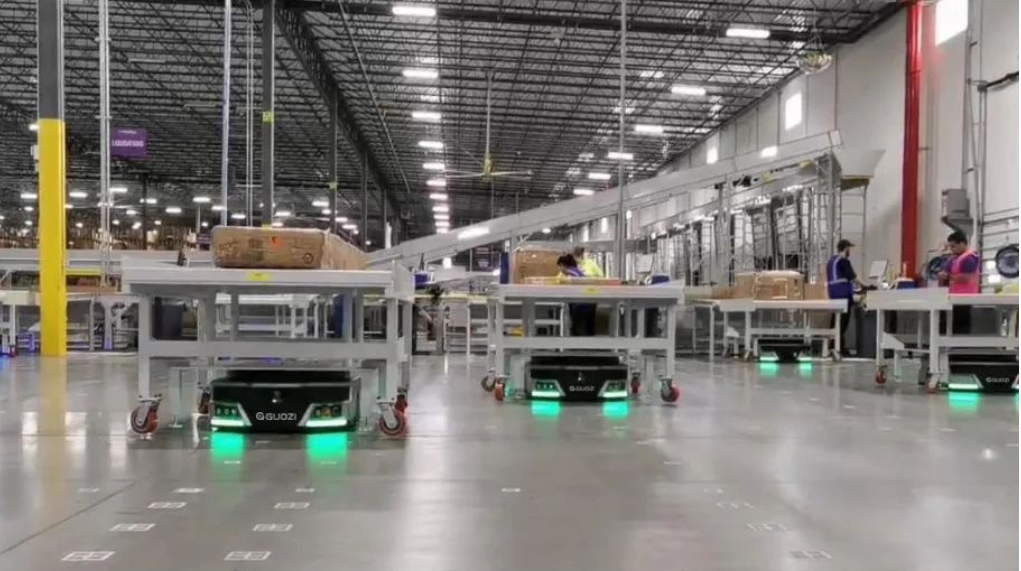As the global energy crisis and environmental concerns intensify, electric vehicles (EVs) have been widely promoted by governments worldwide as a representative of new energy vehicles. The issue of charging has always been a critical bottleneck in the popularization of electric vehicles, and the docking system, as a core technology for EV charging, directly impacts charging efficiency and user experience. This article will explore the technical features, application scenarios, and development trends of docking systems for electric vehicles within the robotics industry.
Technical Features of Docking Systems for Electric Vehicles
1. High Degree of Automation
Docking systems for EVs utilize advanced sensors, control systems, and actuators to automate the charging process, eliminating the need for human intervention.
2. Precise Docking
High-precision sensors and sophisticated control systems ensure precise docking between electric vehicles and charging facilities, enhancing charging safety.
3. Strong Compatibility
EV docking systems are designed to be compatible with different brands and models of electric vehicles, meeting diverse charging needs.
4. High Charging Efficiency
Through optimized charging strategies and circuit design, EV docking systems achieve rapid charging, improving overall charging efficiency.
Application Scenarios in the Robotics Industry
1. Autonomous Charging Robots
In the robotics industry, EV docking systems can be applied to autonomous charging robots, enabling them to locate charging stations and complete the charging process independently, thus extending the robot's operational range.
2. Intelligent Charging Stations
EV docking systems serve as the core component of intelligent charging stations, providing efficient and convenient charging services for electric vehicles.
3. Autonomous Delivery Vehicles
In the field of autonomous delivery, EV docking systems can be used for the automatic charging of delivery vehicles, ensuring the smooth progress of delivery operations.
4. Robot Transport Equipment
In robot transport equipment, EV docking systems can be integrated into charging modules to provide continuous power for transport robots.
Development Trends in the Robotics Industry
1. Integration
To meet diverse application needs, EV docking systems will move towards integration, combining charging, control, and sensor components into a simplified system structure.
2. Intelligence
With the advancement of artificial intelligence technology, EV docking systems will incorporate more advanced object recognition and path planning functions, offering intelligent solutions for the robotics industry.
3. Enhanced Compatibility
EV docking systems will continue to improve compatibility, adapting to an even wider range of electric vehicle brands and models, expanding their application scope.
4. Faster Charging Speeds
Continued breakthroughs in charging technology research will further increase the charging speed of EV docking systems, reducing waiting times for charging.
The application of docking systems for electric vehicles in the robotics industry is of significant importance. As technology continues to advance, EV docking systems will better meet market demands and strongly support the development of the robotics industry. Companies should seize opportunities, increase research and development investments, and drive innovation in EV docking system technology to help the robotics industry reach new heights.








